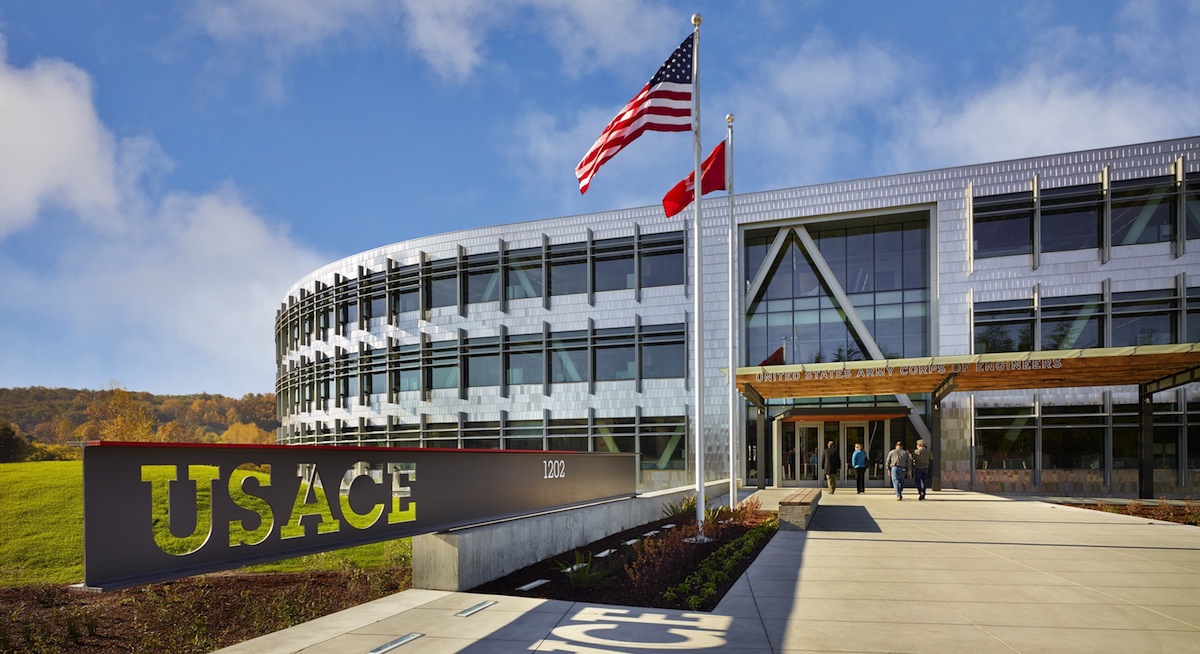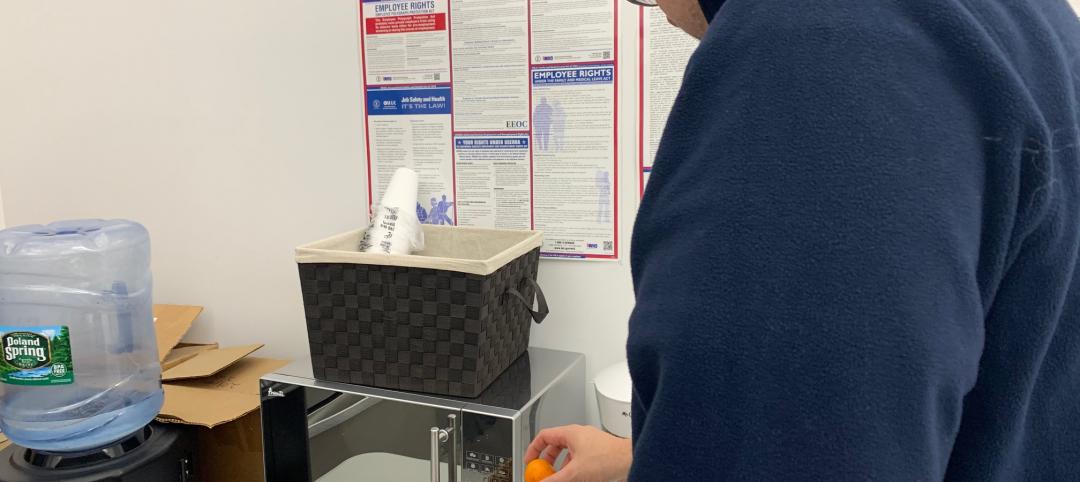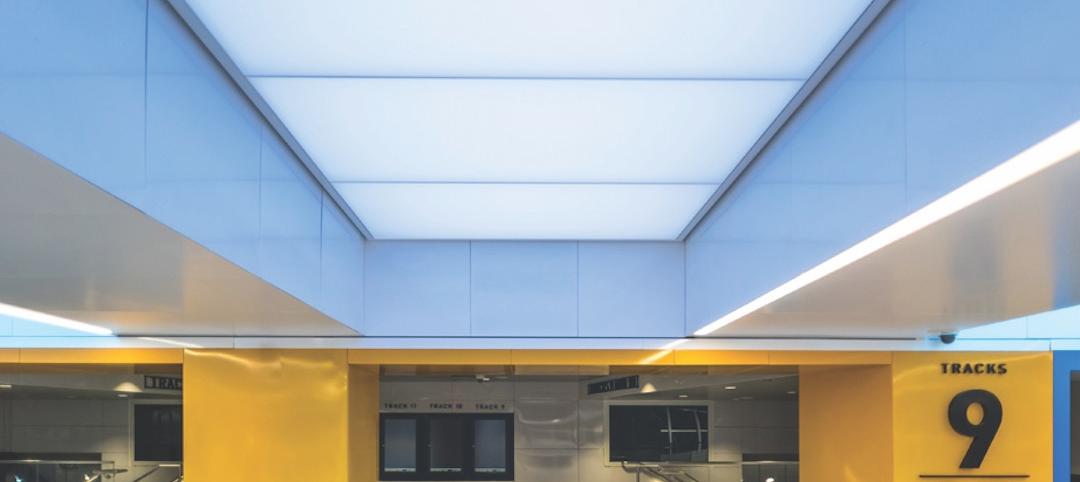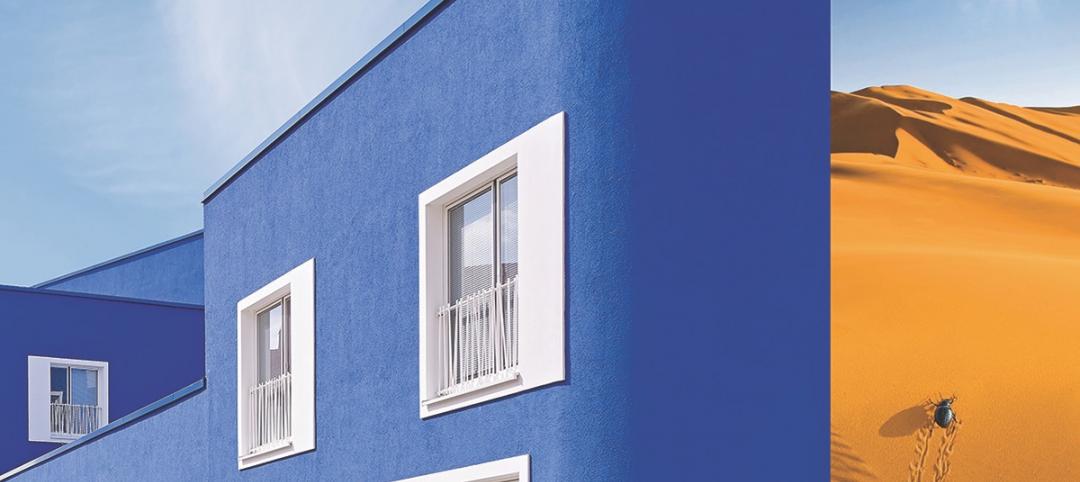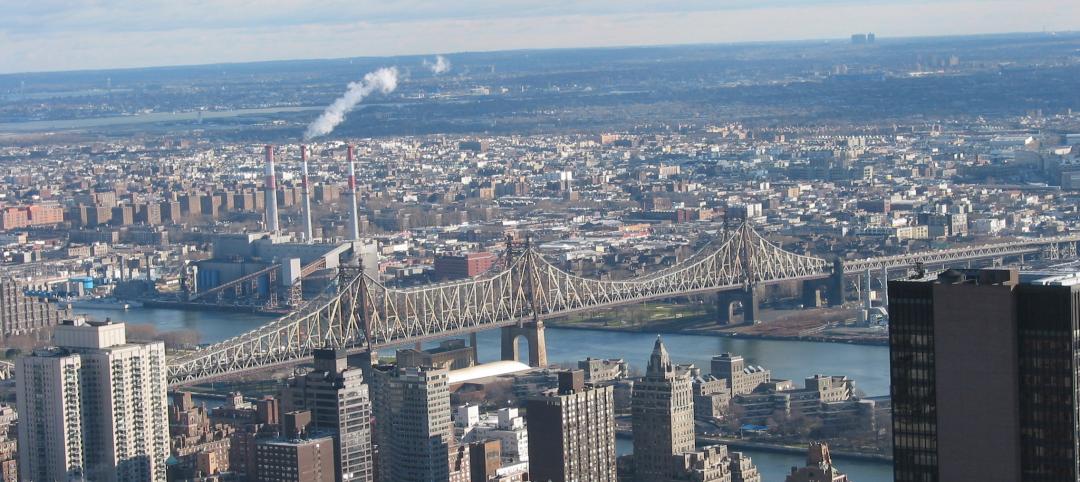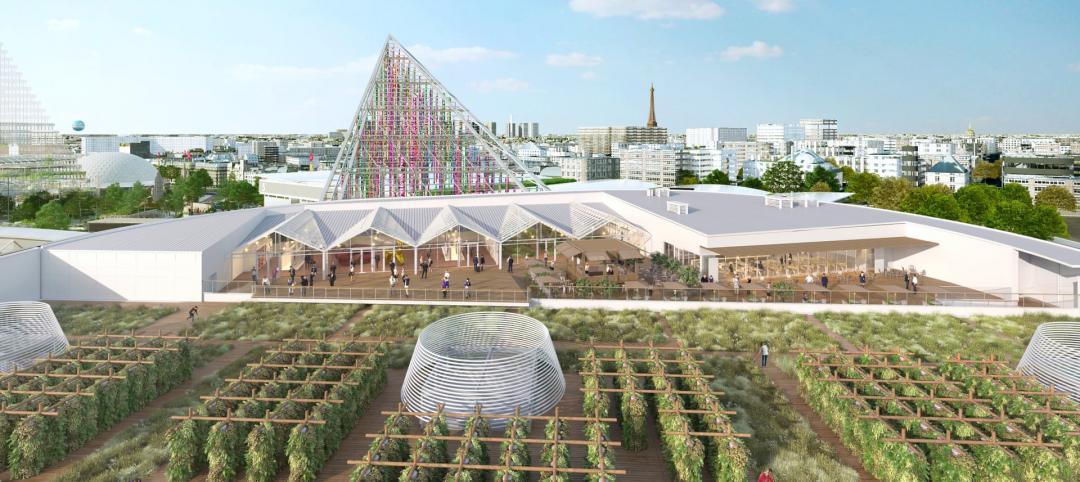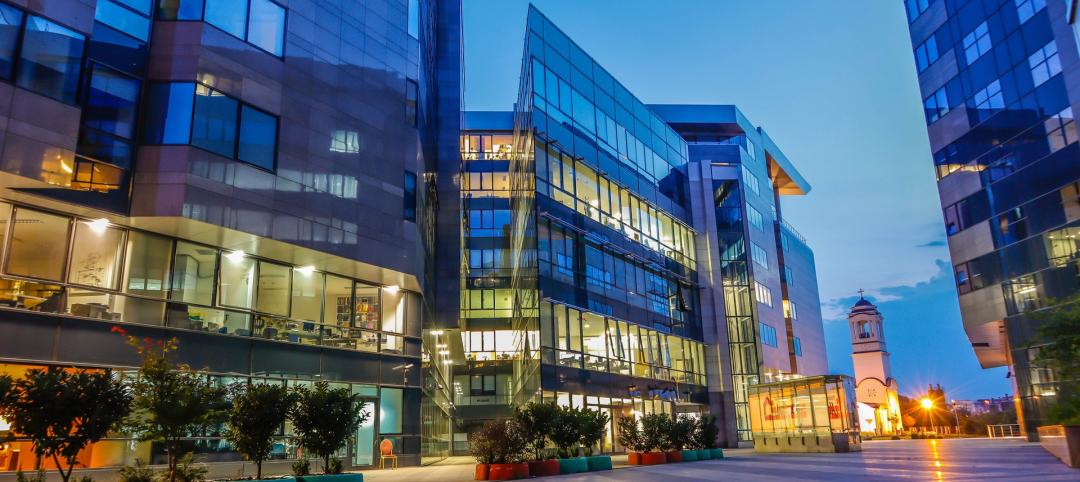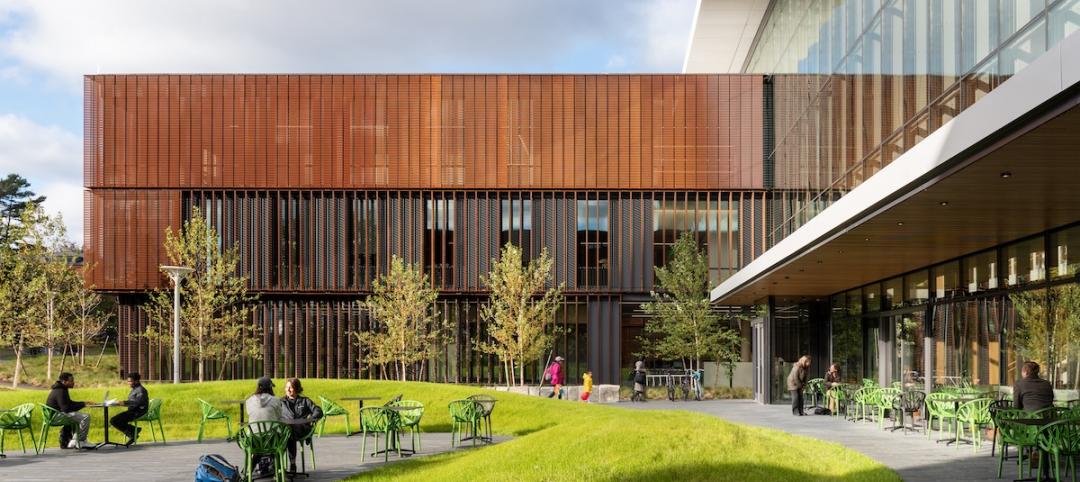The American Institute of Architects (AIA) and its Committee on the Environment (COTE) have selected the U.S. General Services Administration’s (GSA) Federal Center South Building 1202 in Seattle, as the recipient of the Top Ten Plus award. The Top Ten Plus, now its third year, recognizes one past AIA COTE Top Ten Project Award recipient which has quantifiable metrics that demonstrate the true impact the sustainable design has achieved.
The Federal Center South Building 1202, designed by ZGF Architects LLP and built by Sellen Construction, was selected in 2013 as a recipient of the AIA/COTE Top Ten Project Award program. More information on the design elements and images are available here.
The redevelopment project was part of the 2009 American Recovery and Reinvestment Act and was delivered on time and within the original $72 million budget. The new building transformed a previously toxic brownfield into a new standard for a high-performance, cost-effective, and sustainable workplace environment for the U.S. Army Corps of Engineers. Far from typical in government projects, the design and construction of the facility was completed in just 31 months as part of a rapid project delivery model.
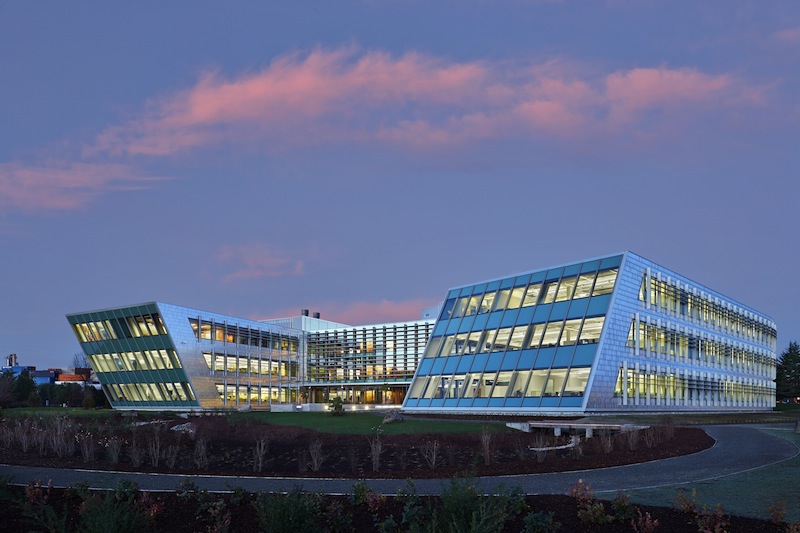
Following a one-year measurement and verification period, it was established that the building’s energy performance is meeting the goal of more than 30% better than ASHRAE 90.1—the benchmark for commercial building energy codes in the U.S.
After the first year, the facility’s metered energy performance has met every design target, including the contractually required energy performance and the AIA 2030 Commitment. At of the end of last year, the Federal Center South building was using 61% less energy than the national average for similar buildings and 46% less water than a current plumbing code defined baseline.
“This project demonstrates the success of performance-oriented contracting and the value of both energy modeling and post-occupancy monitoring,” said Todd Stine, AIA, partner at ZGF Architects LLP. “The energy modeling done in the design phase showed a $55,000 energy cost savings each year associated with the high-performance systems integrated into the building. The post-occupancy evaluation looked at energy and workplace performance and has been crucial in determining how to best optimize all facets of how the building was intended to function.”
The COTE Top Ten Plus jury commented, “We admired ZGF Architects for their persistence over time to improve both their understanding of the planned performance of the building and its actual performance; they were genuinely curious about how the building was working out. There are signs of science and research in the relationship between daylighting and employee performance, along with evidence that the building has caused an enhanced environmental culture amongst its occupants.”
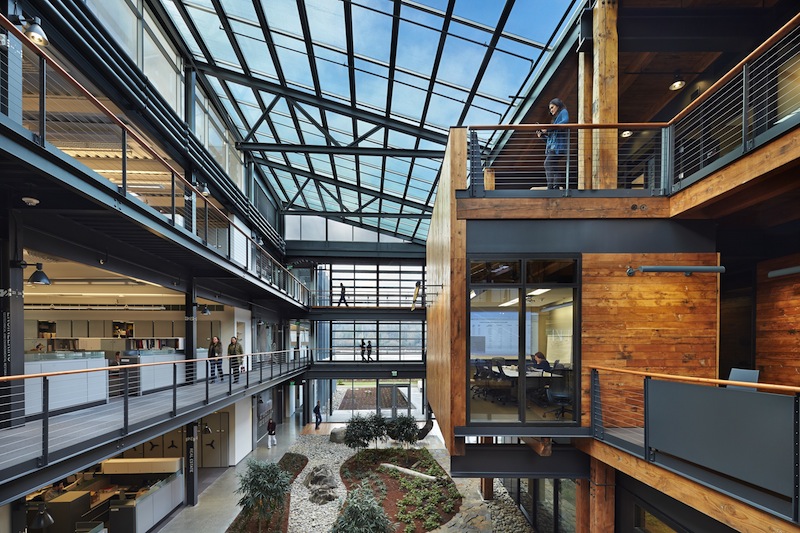
“The AIA COTE+ recognition is an honor and a testament to the teamwork between GSA, ZGF, and Sellen Construction to build a facility that not only exceeds GSA’s sustainability goals but delivers bottom line results that will save taxpayers money for years to come,” said GSA Regional Administrator George Northcroft.
To further enhance the building’s sustainable performance, the team developed, tested and evaluated enhancements to the base design during the design and construction of the project so that the GSA could incorporate upgrades into the project as funding became available. Through this process, the team was able to add rainwater harvesting, a geothermal system, enhanced lighting controls, an energy dashboard and improved glass in the main skylight.
This project was designed to meet GSA’s requirement for a building with a 50-year minimum lifespan, and mechanical equipment that lasts a minimum of 20 years. The campus site can also accommodate the 30-yearexpansion and redevelopment requirements for a number of federal agencies.
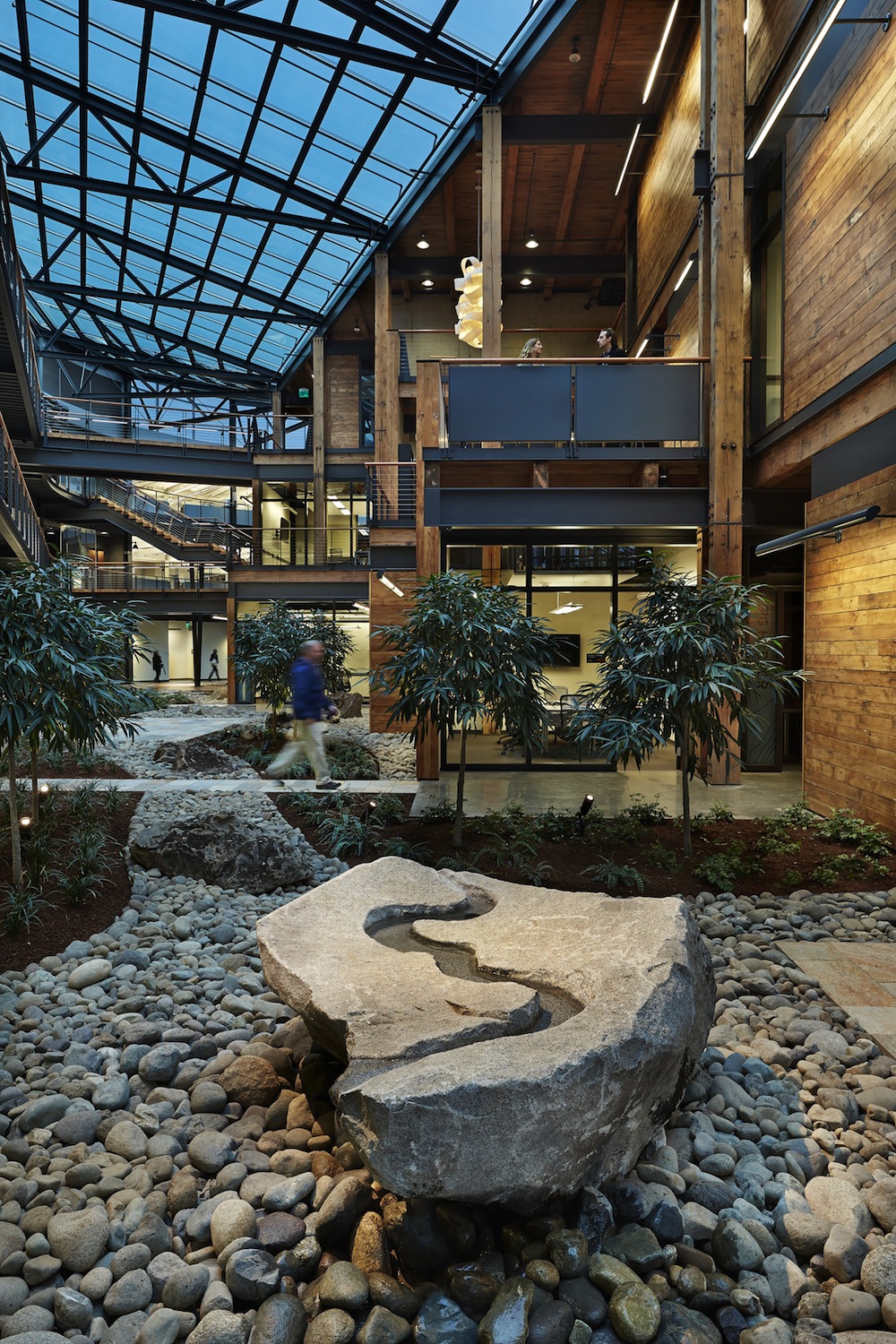
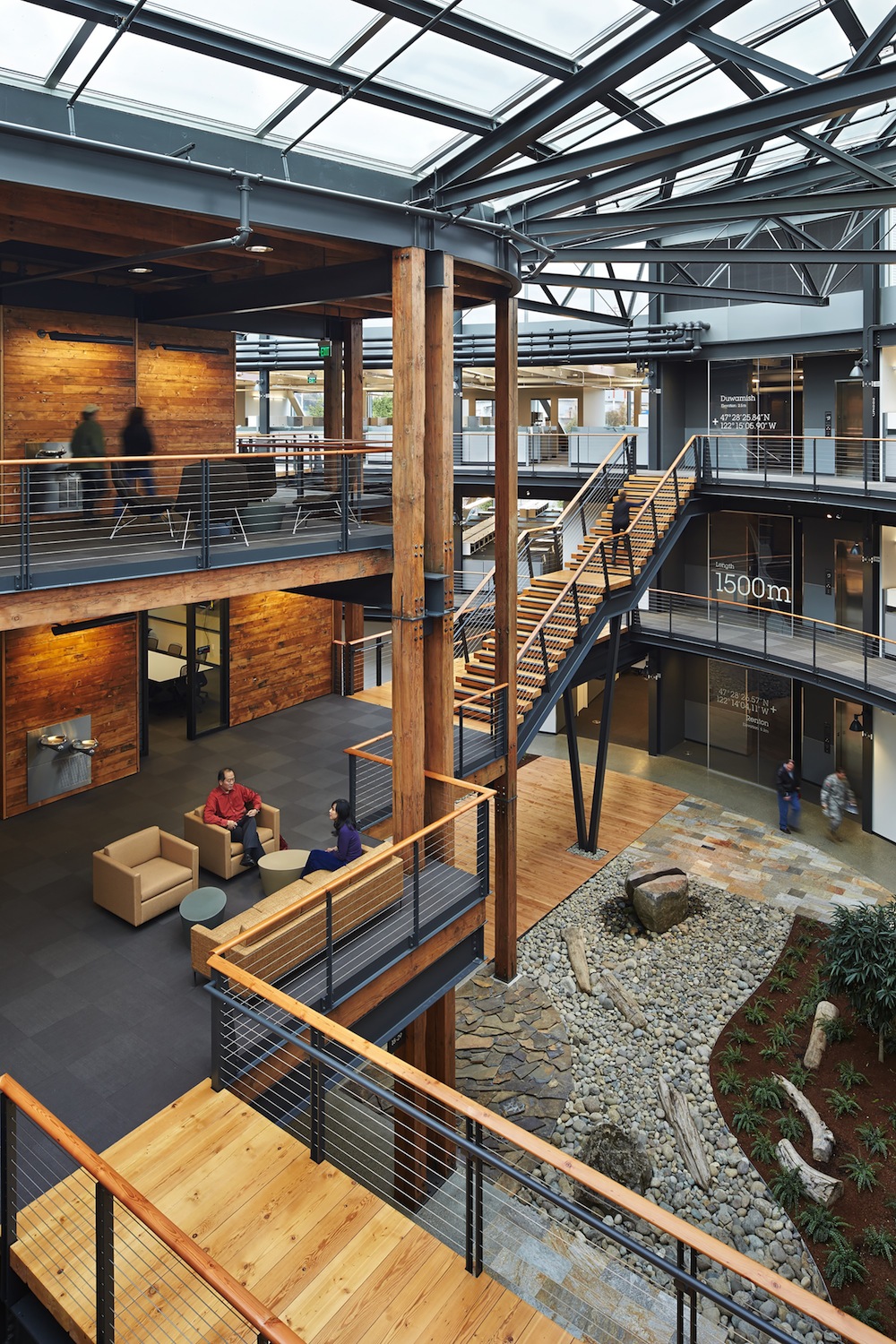
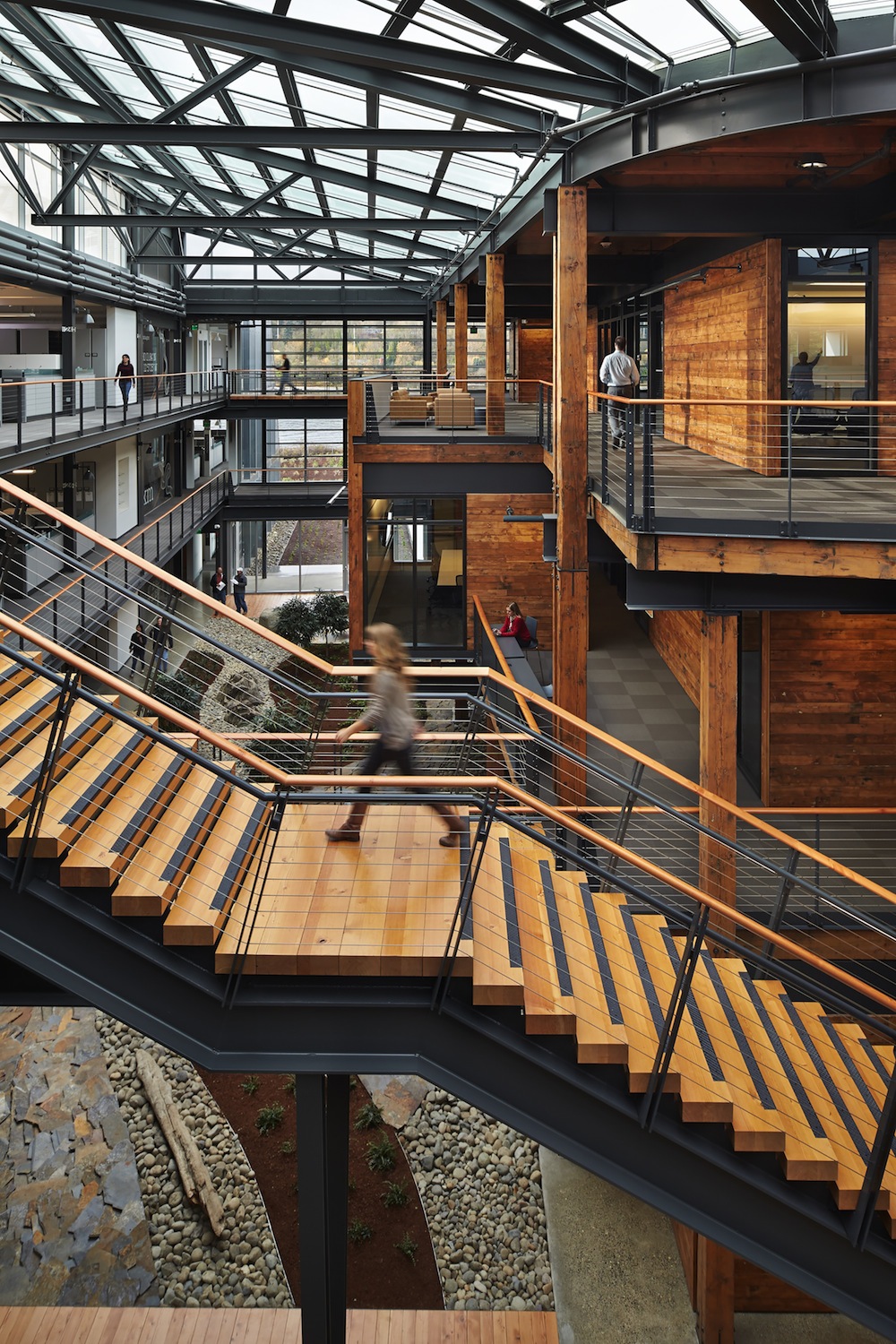
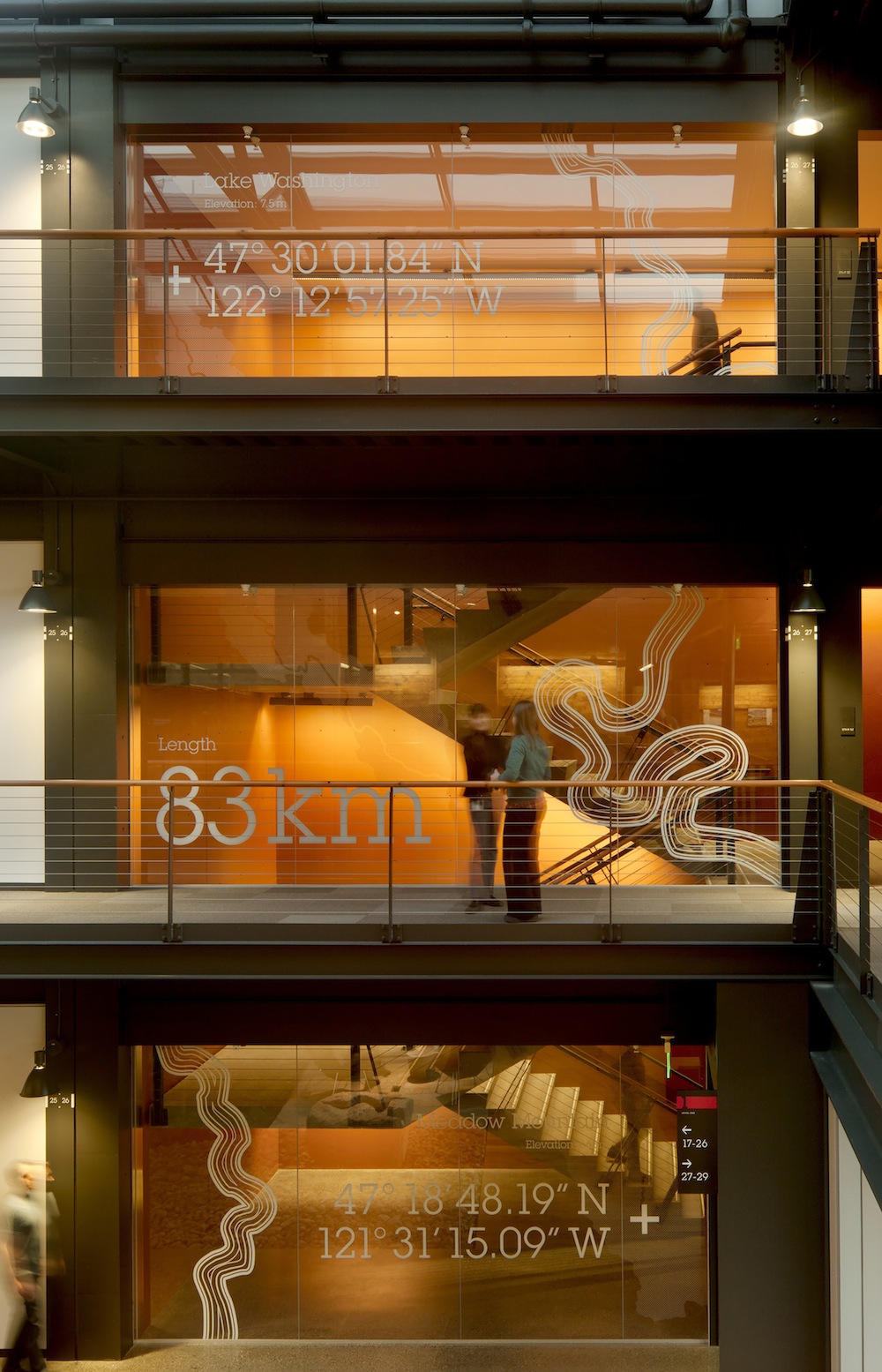
Related Stories
Contractors | Jan 20, 2020
Wellness is for builders, not just for buildings
New research on wellness in the construction sector highlights interventions that could be effective in addressing dehydration, weight management, poor air quality, and stress.
Green | Jan 10, 2020
How the new EC3 tool raises the bar on collective action
Nearly 50 AEC industry organizations partnered to develop the groundbreaking Embodied Carbon in Construction Calculator.
75 Top Building Products | Dec 16, 2019
101 Top Products for 2019
Building Design+Construction readers and editors select their top building products for the past 12 months in the fourth-annual 101 Top Products report.
75 Top Building Products | Dec 12, 2019
Top Building Envelope Products for 2019
Sto's beetle-inspired exterior coating and Dörken Systems' UV-resistant vapor-permeable barrier are among the 28 new building envelope products to make Building Design+Construction's 2019 101 Top Products report.
Building Owners | Dec 2, 2019
What building owners and AEC teams need to know about New York’s Climate Mobilization Act
On April 18, 2019, the New York City Council passed the Climate Mobilization Act, a suite of laws aimed to meet the city’s commitment to achieving carbon neutrality by 2050.
Sustainability | Aug 15, 2019
Paris will soon be home to the world’s largest rooftop farm
Agripolis is spearheading the project.
Codes and Standards | Jul 15, 2019
USGBC calls for proposals for feedback, concepts for next LEED version
The move follows successful public input on LEED 4.1.
Green | May 8, 2019
Does wellness pay off?
Getting wellness to pay off may not be that simple, or even a wise investment to begin with, according to a new peer-reviewed study of 32,000 employees.
Green | Apr 23, 2019
Top 10 green buildings for 2019
The Amherst College Science Center and Frick Environmental Center are among the high-performance projects to be honored with AIA 2019 COTE Top Ten Awards.
Resiliency | Apr 22, 2019
Turner Construction doubles down on jobsite efficiency
The company targets a 50% cut in greenhouse gas emissions and water use from construction activities by 2030.


